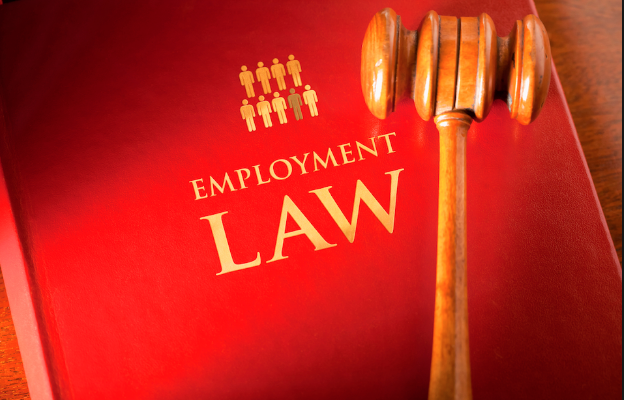
Job Description Of An Employment Lawyer
Employment law covers all the legal matters that relates to a workplace. Employment lawyers will be involved in ensuring that the right procedures are used for hiring, managing employee relations, handling disputes between employers and their employees. The cessation of employment contracts in within their job description.
Indeed, employment law not only in Miami but around the world is constantly evolving. So, working as an employment lawyer is always dynamic. The work is jurisdiction-specific. It be broadly split between two main areas which are; non-contentious and contentious.
The non-contentious section can be categorized further as; legislation, rules and regulations, policies and processes to be followed and governing or regulatory authorities as well.
Contentious employment law, meanwhile covers breach in compliance with established principles or contract, disputes on a variety of issues such as discrimination, remuneration, career growth, employer negligence and culpability and employee liability, or a misdemeanor.
Some employment lawyers specialize in private service while others focus on public sectors’ work. Other specialisms include employer/employee relations, conflicts, and individual versus group or class-related matters.
Career Requirements
Ant student on the career track of becoming an employment lawyer first needs to obtain an undergraduate degree. Then proceed to attend a law school for about three years. During the law school, students are typically required to take general law classes. However, students should also take electives that focus on employment law. Besides basic employment law, related classes may include areas such as labor law, public law and business law. Social justice and public interest law are included as well. Once students graduate, they will have to pass the bar exam and then be admitted to the bar before being allowed to practice law. The bar issues a practising license.
Job Duties
Employment lawyers execute common litigation activities like negotiation, legal writing, oral advocacy and counseling. These professionals must have a sound working knowledge of the legal principles that govern the employer-employee relationship. Employment lawyers must understand laws such as the Fair Labor Standards Act, the Occupational Health and Safety Act, and laws governing workers compensation. Employment lawyers may be hired to represent employers or employees in an unemployment case, pension disputes, benefit claims or contract disagreements.
Skills Required
Employment lawyers who counsel employees represent them on a variety of issues.
- Workers’ compensation
- Termination of employment
- Sexual harassment
- Workplace safety
- Wage and overtime standards
- Privacy rights
- Discrimination against employees based on age, ancestry, color, creed, disability, marital status, medical conditions, national origin, race, religion, or sexual orientation.
- Employee benefits like leaves of absence and retirement plans
They may review employment contracts, advise clients about their employment rights while recommending legal action, mediate between employees and employers, and represent clients in court in civil lawsuits against employers.
Salary Information and Career Outlook
The median annual Employment Law Attorney I salary is $84,442, as of September 06, 2017, with a range usually between $69,778-$93,022, however, this can vary widely depending on a variety of other factors.
An employment lawyer handles workplace disputes or lawsuits. Interviewing and legal research are the main duties they perform. Lawyers, in general, must graduate from college and then law school, after which licensure is required.
